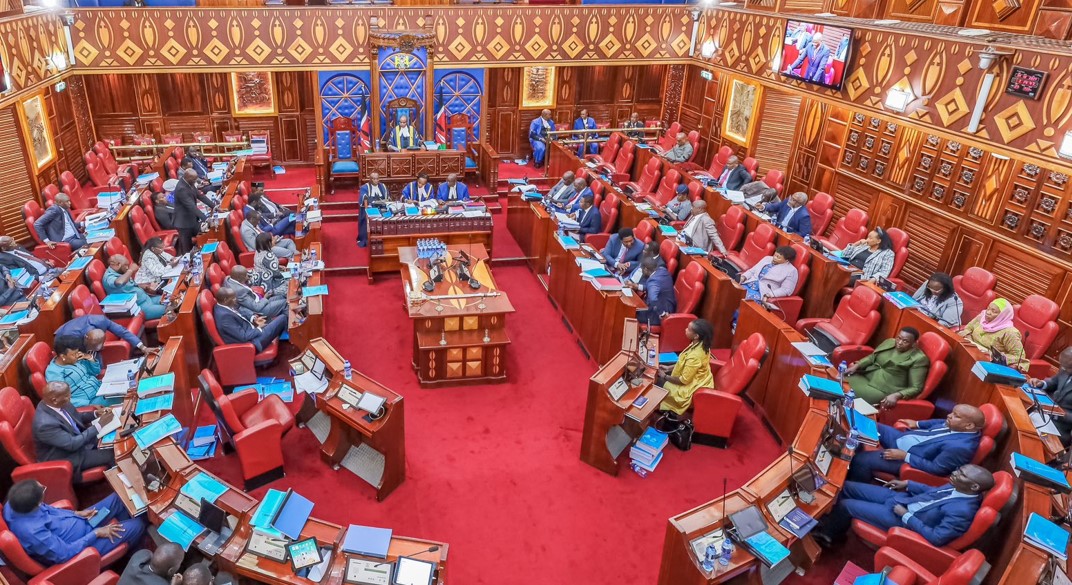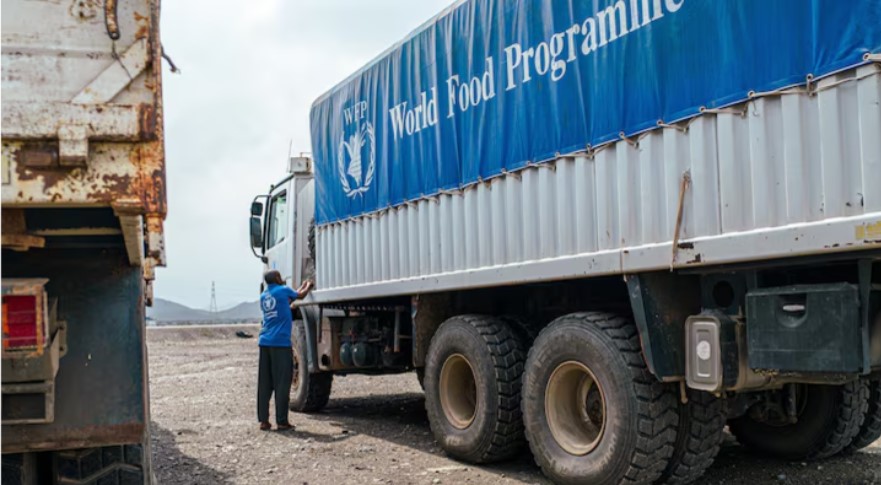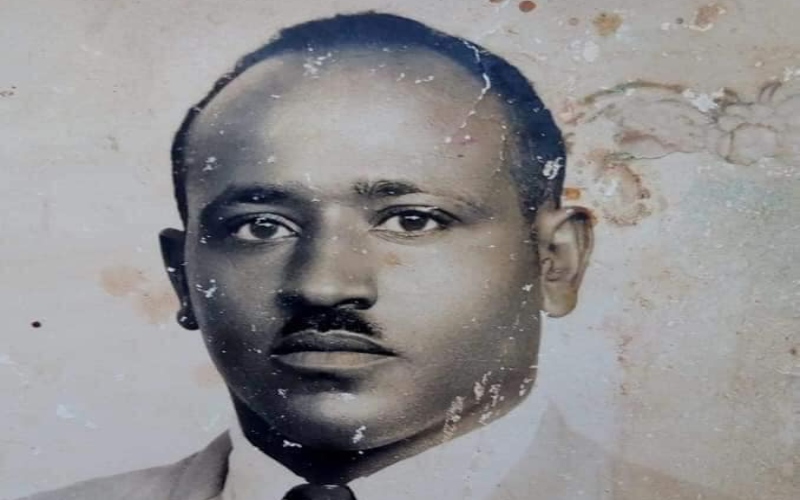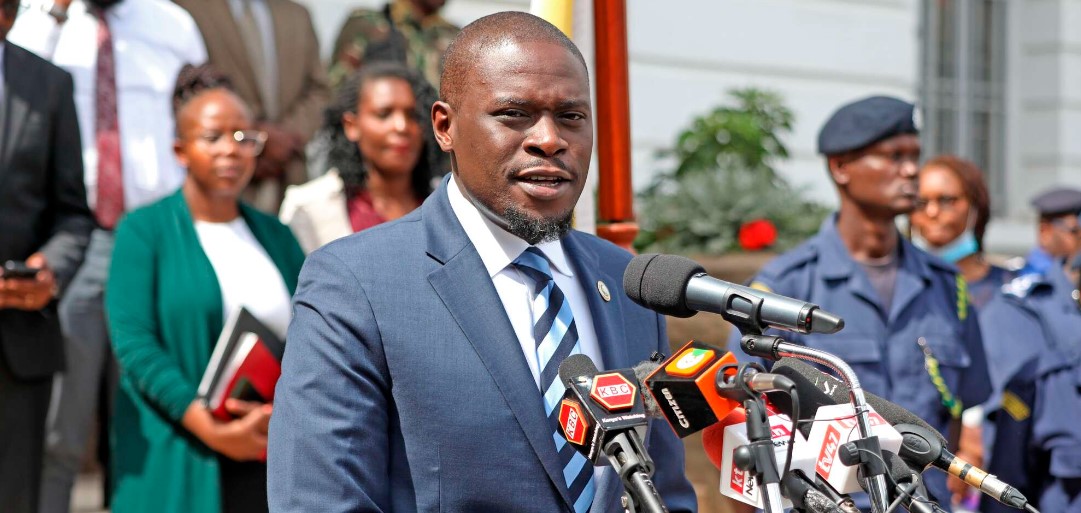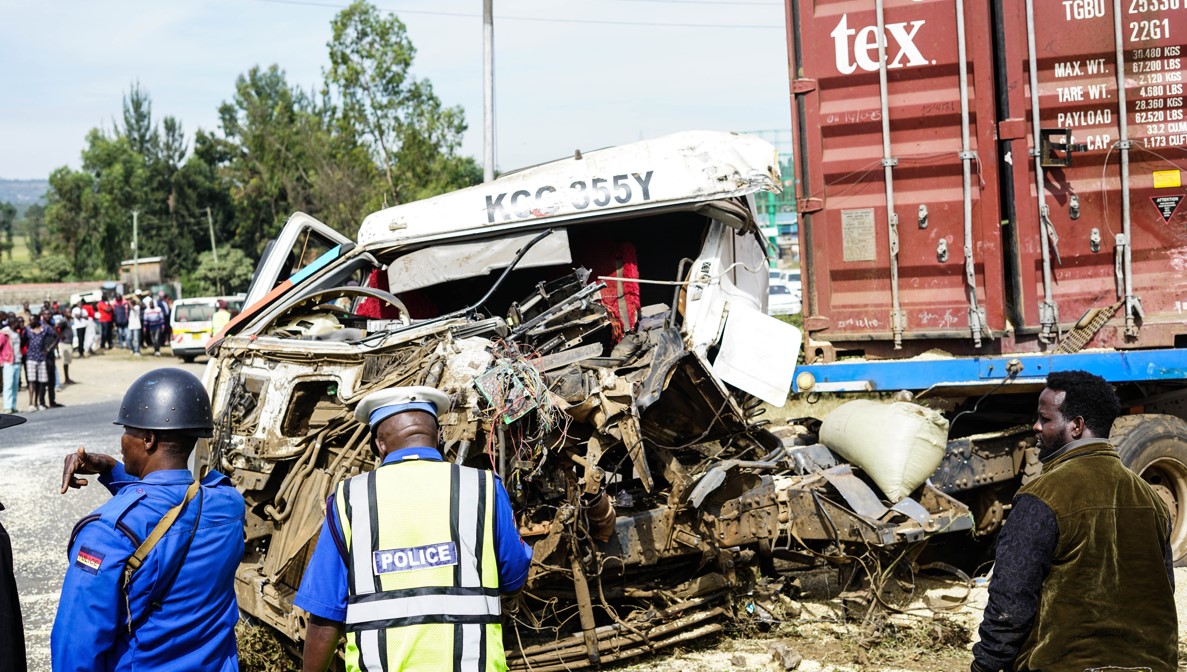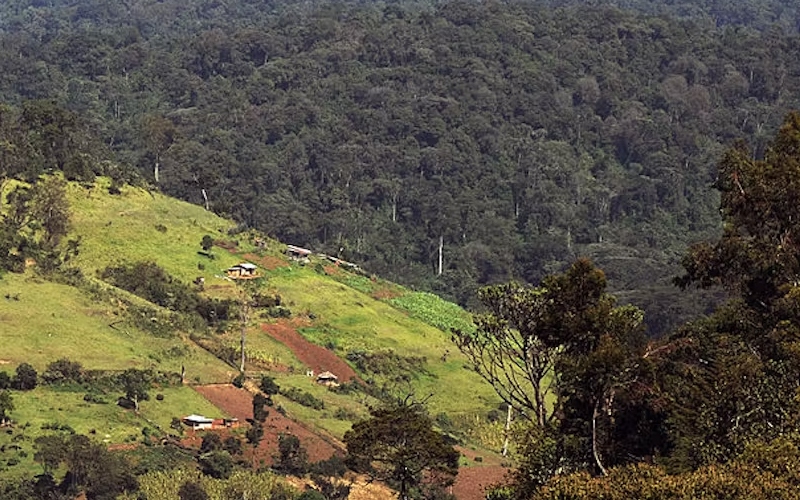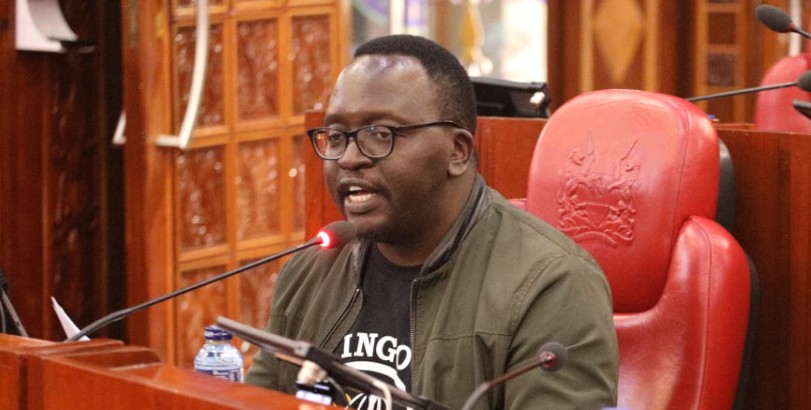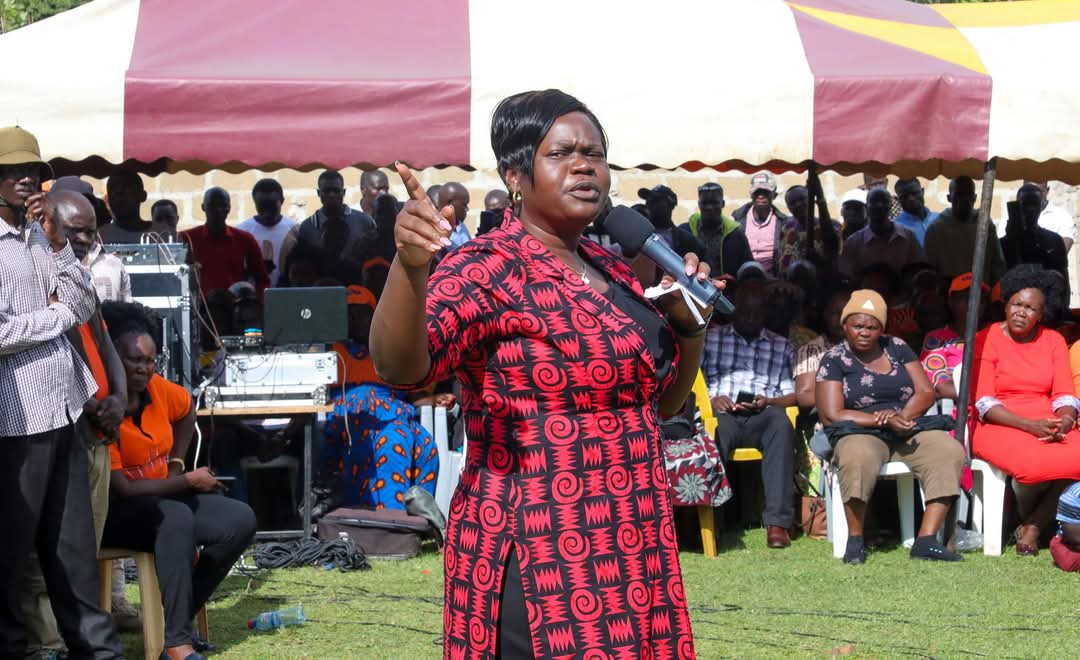Sudan conflict enters third year as UN warns of aid collapse, deepening refugee crisis

With millions displaced and countless more in dire need of humanitarian support, UNHCR says current aid funding stands at less than 10 per cent of what is required, leaving critical gaps in food, shelter and medical assistance.
As Sudan's conflict enters its third year, the United Nations refugee agency (UNHCR) is raising the alarm over the rapidly dwindling international aid for those affected.
With millions displaced and countless more in dire need of humanitarian support, the agency says current aid funding stands at less than 10 per cent of what is required, leaving critical gaps in food, shelter and medical assistance.
More To Read
- Only 13 survive after boat carrying 74 migrants capsizes off Libya: UN
- Refugee protection in Egypt: What’s behind the return train to Sudan?
- Khartoum Bahri battles surge in malaria, dengue and typhoid as cholera death toll rises
- Sudan's Central Bank bans private gold sales, becomes sole legal exporter
- Kenya balances Quad backing with call for Africa-led peace talks to end Sudan conflict
- Deadly attacks across Sudan's Darfur region leave nearly 100 wounded people in MSF-supported facilities
It further warns that the collapse in aid funding is making it nearly impossible to meet even the most basic needs of the displaced.
“The latest global cuts in humanitarian funding put critical programmes at risk, with teams forced to make unreasonable choices and refugees being left to resort to harmful strategies to meet their basic needs,” the agency said.
Risk of cholera
“Inside Sudan, reduced funding will cut access to clean water for at least half a million displaced people, significantly increasing the risk of cholera and other waterborne diseases.”
UNHCR also says the cut is hindering the ability to move new arrivals to safer areas away from overcrowded transit centres at the border in places like South Sudan and Chad, where over 280,000 refugees remain stranded in makeshift sites without adequate shelter, clean water, health care or protection.
Alongside the aid, UNHCR also says development funding is needed to prevent host communities from buckling under the overwhelming number of new arrivals, and so those going home can rebuild.
Overcrowding in schools
Ideally, reduced funding means that refugee and host community students face extreme overcrowding in schools.
The negative impact on the quality of teaching discourages enrolment. For many young girls, it often increases the risk of early marriage.
For boys, it means pressure to work or attempt unsafe onward movements.
Amidst the dwindling aid funding, the agency further reckons that safe spaces across all refugee host countries are being closed and social workers are being discontinued, leaving tens of thousands of women and girls without counselling, health care and vital support.
Regional stability
The conflict, which shows little sign of abating, has caused a colossal trail of suffering, with families torn apart, clouding the future of millions and endangering regional stability.
Nearly 13 million people have so far fled their homes, with almost four million crossing into the neighbouring countries of Egypt, South Sudan, Chad, Libya, Ethiopia, the Central African Republic and further afield into Uganda.
The situation has resulted in Sudan having the highest number of refugees displaced from their homeland in Africa.
Despite the constraints, UNHCR commends neighbouring countries for keeping their borders open, with communities sharing the limited resources they have.
Top Stories Today
